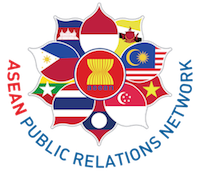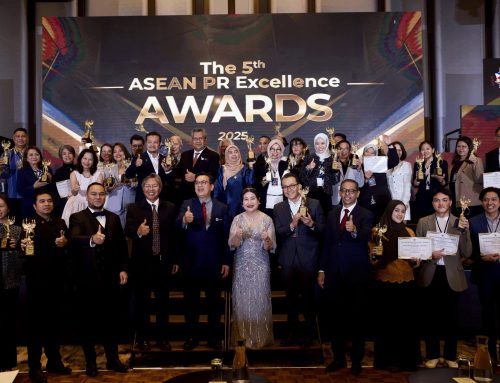JAKARTA, 10 December 2018 – The ASEAN Institute for Peace and Reconciliation (ASEAN-IPR) and the United Nations Department of Political Affairs co-organised a workshop on conflict management and resolution in the Southeast Asian region in Jakarta from 5 to 7 December.
More than 50 participants from ASEAN Member States – including government and military officials, as well as non-governmental representatives attended the ASEAN-IPR – UN Workshop: “ASEAN Perspectives on Conflict Management and Conflict Resolution in the Region”. They were joined by regional and international resource persons.
Convened under the framework of the ASEAN Political-Security Community (APSC) Blueprint 2025, ASEAN-IPR Three-Year Work Plan 2018-2020, as well as the ASEAN-UN Plan of Action 2016-2020, the workshop aimed to highlight the best practices and lessons learned from ASEAN governments, civil society and all stakeholders on the issue. Moreover, the workshop endeavoured to look into global trends and perspectives, and provide comparative examples from other regions on the aforementioned topics.
Executive Director of ASEAN-IPR Amb. Rezlan Ishar Jenie highlighted that many practical experiences and technical expertise had mostly remained dispersed across the region. Therefore, in line with the ASEAN-IPR’s mandate and functions, the ASEAN-IPR aimed, through the workshop, to provide a platform for exchange of undocumented regional best practices of peace processes and reconciliation.
Deputy Secretary-General of ASEAN for Community and Corporate Affairs, AKP Mochtan, underscored that conflict—whether in the form of inter-state or cross-border conflict—namely avoidance or prevention of such conflict, has been at the heart of ASEAN – notwithstanding the different jargons or terminologies used. In moving forward, he encouraged ASEAN-IPR and its relevant UN counterparts to further explore other modalities to exchange knowledge and experiences.
The United Nations Regional Coordinator for Indonesia Anita Nirody underscored that the joint initiative truly provided a good example of a regional organisation working together with the UN and other international partners towards shared goals of promoting peace and stability through the prevention of conflict.
During the three-day workshop, participants exchanged views and shared expertise on global as well as regional trends and experiences in conflict management and resolution, including from a perspective of human security and gender. Discussions and exchanges further focused on ceasefire and cessation of hostilities monitoring and verification, as well as peace-building with particular attention to best practices and lessons learned from the experiences of Indonesia (Aceh), Myanmar and the Philippines (Mindanao).
Member of the UN Secretary-General’s High-Level Advisory Board on Mediation Marty Natalegawa underlined ASEAN-IPR as one of the most important instruments in ASEAN, and expressed confidence that the institute could be more impactful in the region – namely in maximising its function to provide recommendations and pooling expertise on peace, conflict management and resolution, and reconciliation.
Representative of Thailand and incoming Chair of the ASEAN-IPR Governing Council Darmp Sukontasap noted the many insights for the Institute’s way forward, and expressed hope that participants and speakers would leave the workshop with a much clearer idea of what good practices look like and what to do to ensure everybody wins in issues that they may be involved in. The workshop marked the first initiative by the Secretariat of ASEAN-IPR since its operationalisation in late 2017. The Institute will also hold a Symposium on the Establishment of an ASEAN Women for Peace Register later in December in Cebu, Philippines. https://asean.org/asean-ipr-un-host-workshop-conflict-management-resolution/






